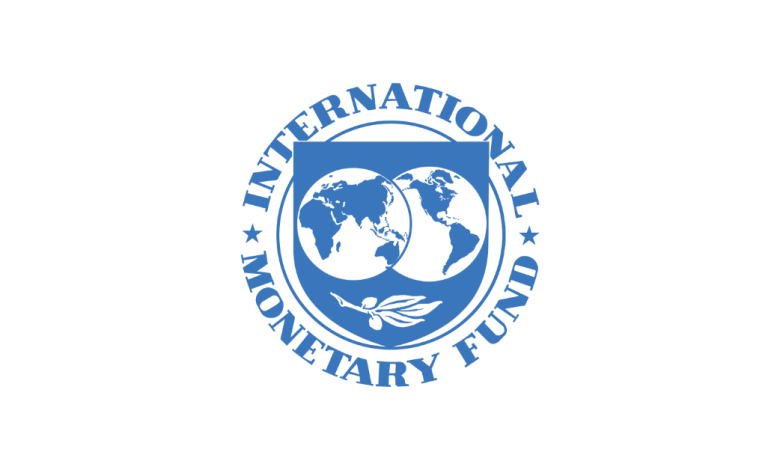
Context- According to recent IMF data, Japan slips to the world’s fourth-largest economy, behind the US, China and now Germany.
Key Highlights
- IMF highlights that the Japanese economy shrank at an annual cost of 0.4% within the October-December period of 2023.
- Japan’s economic system, now the world’s fourth-biggest, grew 1.Nine% in 2023 in nominal terms – which means it is not adjusted for inflation – however in dollar phrases its gross domestic product (GDP) stood at $4.2 tn in comparison with $4.5 tn for Germany.
- It has gradually lost its competitiveness and productivity as of the weak yen, an aging, shrinking population.
Other Key Highlights
- The United States has maintained its popularity as the major global economic system from 1960 to 2023.
- China has witnessed a super upsurge in its economic progress, transferring from the fourth rank in 1960 to the second rank in 2023.
- The Chinese economic system predominantly hinges upon production, exports, and investment.
- It proudly possesses an in depth team of workers, strong governmental backing, infrastructural improvements, and an expeditiously expanding client market.
- India has also experienced an economic boom since the implementation of economic liberalisation in the early 1990s.
- India is ranked fifth in the global GDP rankings in 2024.
- India’s economy boasts variety and swift increase, fuelled by key sectors which includes statistics generation, services, agriculture, and production.
- It capitalised on its wide domestic market, a younger and technologically adept labour pressure, and an expanding middle magnificence.
- The gap between developed nations and developing nations is shrinking, with India projected to overhaul Japan in nominal GDP in some years.
International Monetary Fund (IMF)
- The International Monetary Fund (IMF) is an agency of 190 member countries, each of which has representation on the IMF’s government board in percentage to its monetary significance, so that the most powerful countries within the global economy have the maximum vote casting power.
What are the Objectives of the IMF?
- Foster international monetary cooperation
- Secure economic balance
- Facilitate worldwide trade
- Promote high employment and sustainable financial growth
- And lessen poverty around the world
- Macro-economic growth
- Policy endorse & financing for developing countries,
- Promotion of alternate price balance, and an international payment system
What Does the IMF Do?
- It has 3 important missions:
-
- Furthering international financial cooperation, encouraging the enlargement of trade and economic growth,
- Discouraging guidelines that would damage prosperity.
- To satisfy those missions, IMF member nations work collaboratively with each other and with different international bodies.
What are the Functions of the IMF?
- Provides Financial Assistance: To provide financial assistance to member nations with stability of payments issues, the IMF lends cash to refill global reserves, stabilize currencies and enhance conditions for monetary increase. Countries have to embark on structural adjustment rules monitored by the IMF.
- IMF Surveillance: It oversees the global monetary system and video display units the economic and economic rules of its one hundred ninety member nations.
- As a part of this method, which takes place both at the global level and in man or woman nations, the IMF highlights possible risks to balance and advises on needed policy changes.
- Capacity Development: It offers technical help and education to important banks, finance ministries, tax authorities, and other economic establishments.
- This facilitates countries to increase public revenues, develop strong legal frameworks, improve governance, and enhance the reporting of macroeconomic and financial data. It also helps countries to make progress towards the Sustainable Development Goals (SDGs).
Source: The Hindu
UPSC Prelims Practice Question:
Q.“Rapid Financing Instrument” and “Rapid Credit Facility” are related to the provisions of lending by which one of the following? (2022)
a. Asian Development Bank
b.International Monetary Fund
c.United Nations Environment Programme Finance Initiative
d.World Bank
Ans:”b”
Q.“Gold Tranche” (Reserve Tranche) refers to (2020)
a. A loan system of the World Bank
b.One of the operations of a Central Bank
c.A credit system granted by WTO to its members
d.A credit system granted by IMF to its members
Ans:”d”
Q.‘Global Financial Stability Report’ is prepared by the (2016)
a. European Central Bank
b.International Monetary Fund
c.International Bank for Reconstruction and Development
d.Organization for Economic Cooperation and Development
Ans:”b”





.png)



